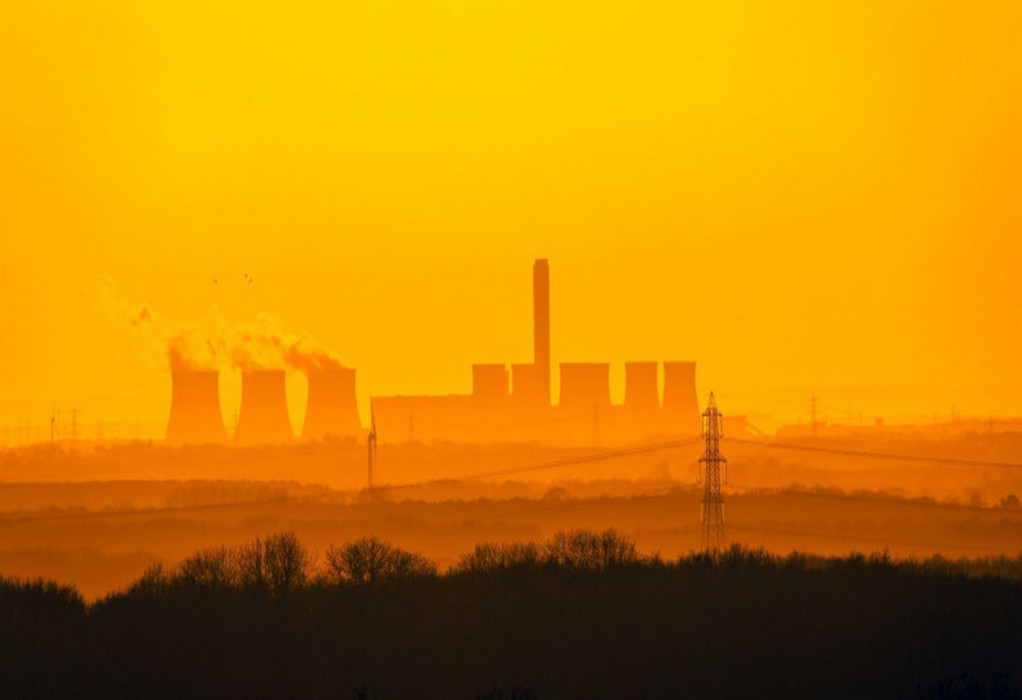Wah Kwong Maritime Transport has teamed up with French class society Bureau Veritas and Shanghai Qiyao Environmental Technology Co., to study the feasibility of installing carbon capture and storage (CCS) units on existing ships. This is aimed at meeting 2030 carbon intensity indicator (CII) targets.
The agreement will see the three entities focus on two types of bulk carriers in operation in the Wah Kwong fleet. Qiyao has developed a customised design of CCS units for the Wah Kwong fleet, while Bureau Veritas reviewed the plans to ensure the safety of the vessels and equipment and that the carbon emission reduction targets are effectively achieved during the operation of the vessels.
The CCS concept has completed laboratory testing and has reportedly achieved a total carbon capture rate of over 85% so far. The CCS unit can be designed for different ship types and sizes, and the design approval of the unit is under review. Subsequent research work will be conducted for oil tankers.
Tags: CCS, CII, Shanghai Quiyao environnmental Technology, Wah Kong Maritime Transport



Recent Posts
Scandlines Nears Delivery of Zero Emissions Ferry Following Successful Sea Trials
India faces emission roadblocks with rising net-zero demands
Green Energy Resources invests in two electric Liebherr LHM 550
NYK Launches Continuous Use of Bio LNG Fuel on Car Carriers to Advance Decarbonization Goals
Yang Ming Expands Fleet with Methanol and LNG Dual-Fuel Vessels Under Fleet Optimization Plan
ClassNK Advocates Speed Gap Monitoring to Optimize Fuel Efficiency in Heavy Weather
Wärtsilä’s retrofit package for the Corsica Linea ferry Pascal Paoli has resulted in fuel savings of up to 22 percent Corsica Linea
COSCO Shipping Names Second Methanol Dual-Fuel Containership in Yangzhou